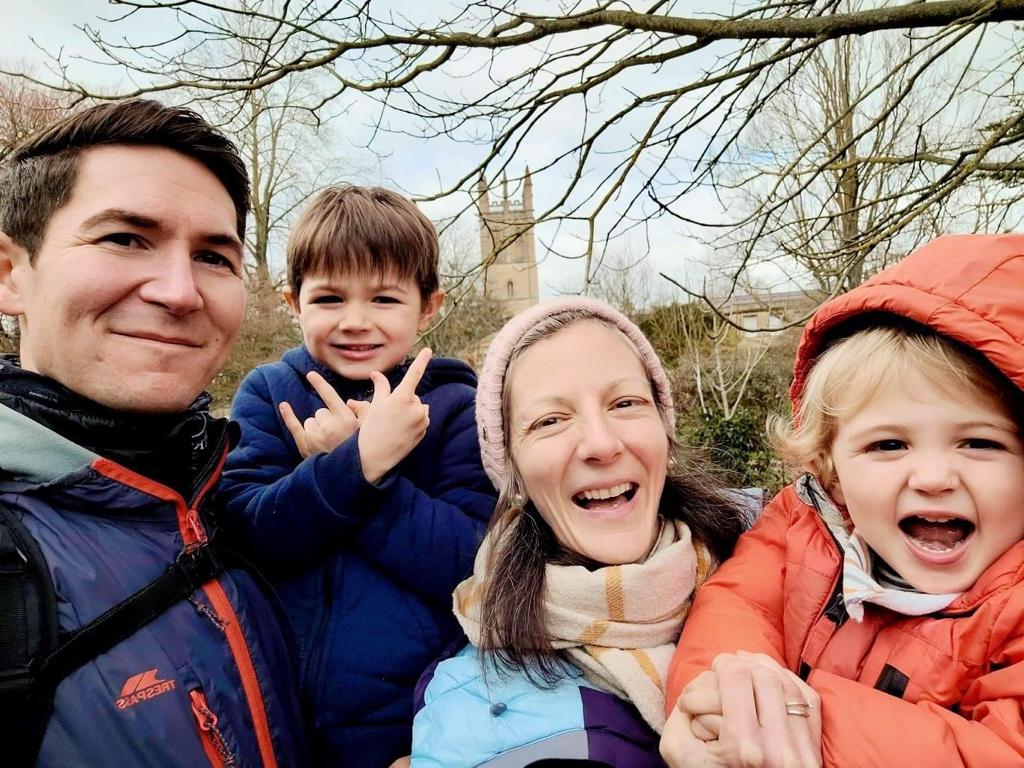
My 2.5-year journey with translocation renal cell carcinoma
April 30, 2024
This is a guest post by Dawn Dyson, 37, who was diagnosed with translocation renal cell carcinoma in 2022. Dawn…
Read More
Dr. Maria Carlo received a 2023 KCA Trailblazer Award for research on the “Role of germline and somatic variants in NRF2 pathway genes in renal cell carcinoma.” Dr. Carlo is a genitourinary oncologist and clinical geneticist at Memorial Sloan Kettering Cancer Center in New York. We spoke with Dr. Carlo about her research and the impact it can have on people with kidney cancer.
Can you briefly summarize your research project?
A significant portion of kidney cancer is considered “unclassified” meaning it does not fit into one of the known pathologic categories such as clear cell, papillary or chromophobe, for example. I have an interest in further understanding why unclassified kidney cancer develops. Knowing the genetic pathways that are altered in these cancers can help clarify why these occur and potentially what therapies are predicted to be most helpful. Us and others have noted that some kidney cancers have mutations in the KEAP1 gene, including some that individuals that are born with mutations in this gene, and we have some evidence to show that these mutations may be important in why some kidney cancers develop. My project centers around understanding exactly how these mutations affect kidney cancer growth, which we think would be important in treatment and prevention.
What is the current guidance surrounding genetic testing for kidney cancer and how might your research inform that?
Right now, we have a set group of genes that we test for when individuals are suspected to have hereditary kidney cancer. However, the majority of kidney cancer that seems to run in families or that which develops in young people remains unexplained. We think a significant proportion of these may be due to genetic factors that are yet to be defined. Part of this research involves testing whether inherited mutations in genes involved in the NRF2 pathway may contribute to kidney cancer risk.
What do you think is most exciting about your research for patients and families?
For many patients and families, a diagnosis of “unclassified” kidney cancer can be frustrating, because it implies that there are unknowns to their cancer in terms of why it happened and how to best treat it. The typical clinical trial results may not apply to them. Understanding more about a potential cause of some “unclassified” kidney cancer could lead to preventative efforts (for example, periodic imaging to catch kidney cancer early in those at high risk of development), and improved therapies.
What motivates you?
Working with a team that shares the hope that our scientific research and discoveries will really help patients. Specifically, from the genetics standpoint, I also have always been someone who wants to understand the “why” something happens.
What else do you want others to know about your work?
My research is possible because patients and families are highly motivated to understand their cancer and help the broader community. Genetic discoveries especially are many times driven by a highly motivated family – all members, those with and without kidney cancer, participate since we want to see if those who develop cancer share one genetic mutation that those who are unaffected by cancer do not.